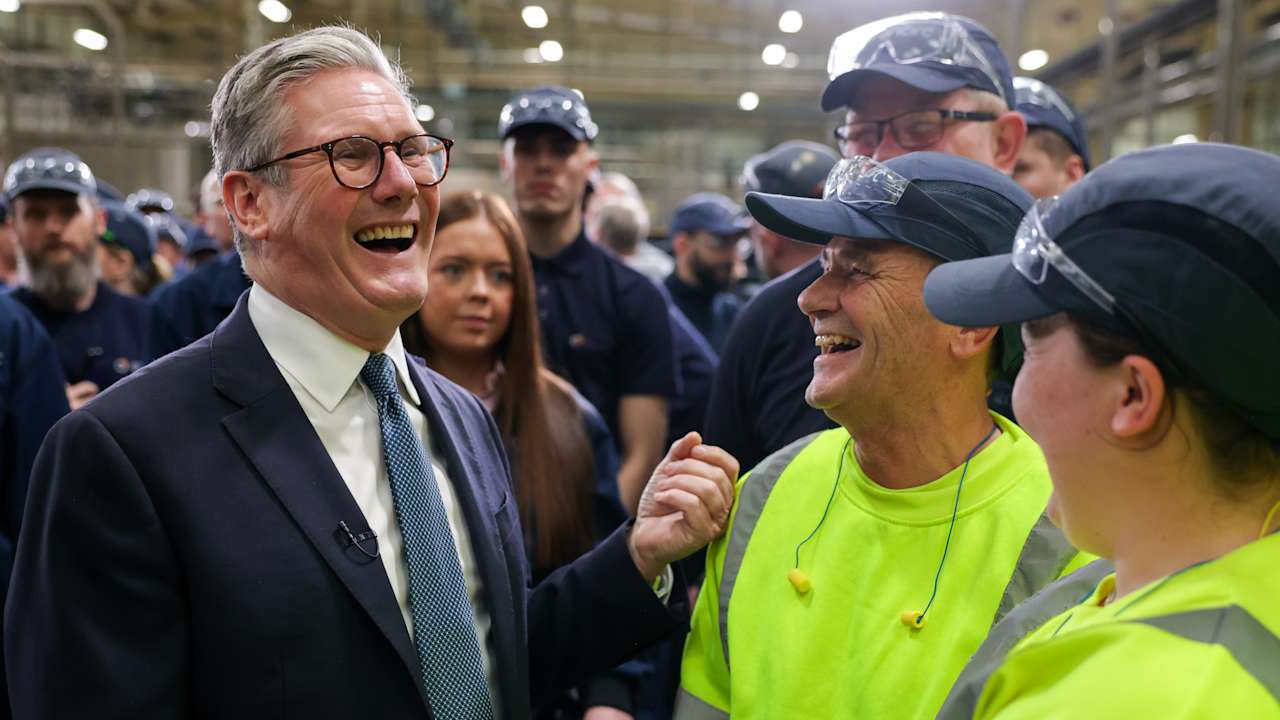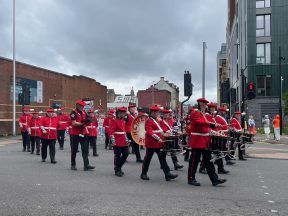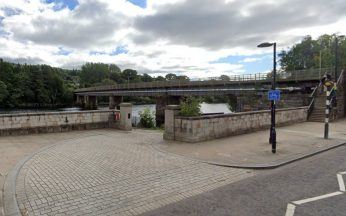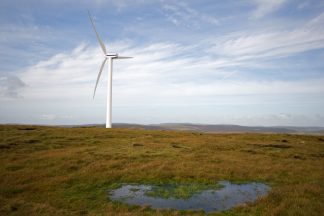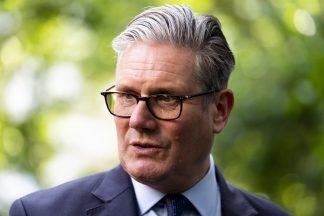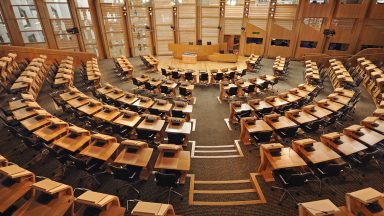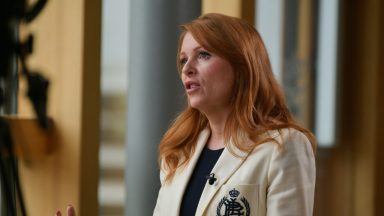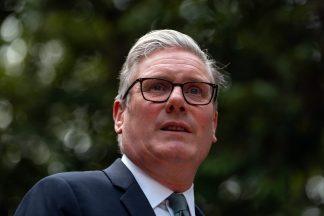Polling suggests half of those who voted Labour at the general election feel let down by the government, ITV News’ David Harper reports
It may seem like an age ago, but it has now been 100 days since Keir Starmer won a landslide general election.
The Labour leader, in his first speech as prime minister on July 5, repeatedly promised to change the country.
He cautioned on the steps of Downing Street that “changing a country is not like flicking a switch”.
But people have been furious about developments since the election, most notably the donations row and his decision to cut winter fuel support for pensioners, which have caused his popularity to plummet.
Labour has achieved many of the goals it set itself for its first 100 days, despite negative news making it feel like political wins have been few and far between.
So, how do you think the new government has done? Read this then make up your mind.
Scrapping the Rwanda plan
As promised, the prime minister scrapped his predecessor’s plan to deport illegal immigrants to Rwanda, on day one.
He said the deal, which had already cost hundreds of millions, was ridiculously expensive for what little it could potentially achieve.
Money saved from cancelling the scheme was funnelled into his anti-people smuggling agency, the Border Security Command, which was also set up within the first couple of days as promised.
Opponents have criticised his Rwanda decision, saying it removed the only deterrent to Channel crossings, but Labour says it has led to a significant increase in the number of people deported to origin countries.
Killing off his first rebellion
The prime minister faced a rebellion in the very early days of his government, as seven of his MPs attempted to pressure him into scrapping the two-child benefit cap.
Corbynite MPs, including shadow chancellor John McDonnell and former business secretary Rebecca Long-Bailey, voted against Starmer’s King’s Speech because it did not include plans to scrap the cap.
The prime minister’s response – to suspend the left-wing MPs – won him plaudits and critics, with many saying he had shirked his purported socialist values while others praised his ruthlessness.
Set up GB Energy and scrapping onshore wind ban
Setting up GB Energy was one of Labour’s key manifesto pledge. If Starmer wants any policy to be his legacy, it would be this. It is the core part of his plan to make Britain a clean energy superpower.
The publicly owned clean-energy company is not fully functional yet, but Labour claims it will create 650,000 jobs across the country by 2030.
Part of its aim is to reduce reliance on energy from foreign countries and make bills cheaper in the UK but critics have questioned whether green power really does cost less.
One of the first moves was to scrap a ban on on-shore wind farms and sign a deal to erect many more off-shore turbines in areas owned by the Crown Estate.
The turning point: A ‘black hole’ is found and winter fuel support is cut
Labour would have been pleased with the way things had gone so far, but on July 29 Chancellor Rachel Reeves claimed the Conservatives had left a £22 billion “black hole” in the country’s finances.

She said this meant she was forced to means test the winter fuel payment for pensioners, meaning millions of elderly would miss out on the support and only the very poorest would receive it.
This could be identified as a turning point in how some perceived the Labour government.
Protests against the winter fuel cut have taken place around the country ever since. Many have questioned why Labour decided it could afford a pay rise for public sector workers (more on this below) but not support for pensioners.
And ministers have been banging on about the £22 billion black hole so much they’ve been warned their gloomy outlook could risk talking Britain into an economic downturn.
Housing rules reformed
Another achievement ticked off early on was progress on Labour’s promised housing reforms. The government reinstated building targets for councils, as part of its plan for 1.5 million more homes in the UK.
Part of the plan is to overhaul planning rules and make it easier to build on unattractive parts of the green belt.
However, experts say the government will need to do a lot more if it is to reach its aim of 1.5 million new homes this Parliament.
Riots sweep the UK
The biggest domestic challenge for the PM, so far, has been dealing with riots which swept the UK after the killing of three young girls in Southport.
Anger and misinformation snowballed into disorder and violence, with some of the rioters falsely believing the attack was carried out by an illegal immigrant.
Hundreds of people were arrested and Starmer ordered the courts to work into overdrive in order to deliver justice – and dozens of jail sentences – as swiftly as possible.
But this exacerbated another problem which had been brewing under the surface since before Labour took power: overcrowded prisons.
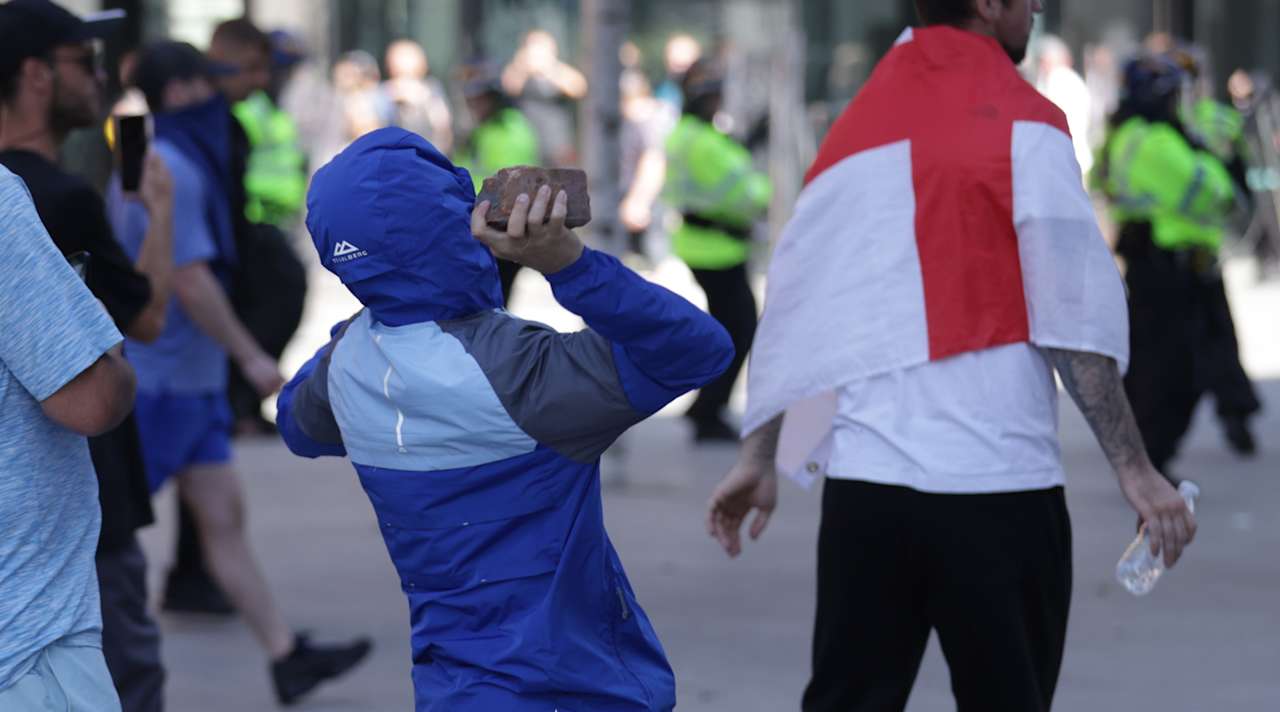
Early release of prisoners
Prisons were at risk of collapse well before Starmer got the keys to Number 10, but it did not look good when his government announced in its first few days that even more prisoners would be let out early to ease the system.
Some inmates were released after serving 40% of their sentence, instead of 50%.
More anger was directed at the prime minister by small sections of society when it appeared as though some prisoners were being released to make room for the rioters.
The donations row begins and continues to rumble on
Around the end of August, it was revealed Starmer had accepted thousands of pounds worth of clothes and glasses from Labour peer Lord Alli.
Journalists have been serving up regular scoops around donations ever since. It’s been revealed several senior Labour MPs have received donations from Lord Alli, although almost all of it has been declared in the proper way.
Starmer was under intense pressure over his decision to accept hospitality tickets to watch Arsenal play but explained security advice meant this was his only option.
There’s also been a furore over ministers accepting tickets to see Taylor Swift after it was revealed at least 11 Labour MPs saw the pop star’s tour.
Starmer eventually said he would reform the rules around donations and decided to repay £6,000 of gifts – a move which let him in for further criticism as some suggested it was an admission of guilt.
One MP, Rosie Duffield, quit the party in protest at the row, saying Starmer had promised integrity but delivered “sleaze and nepotism”.
Some arms sales to Israel suspended – but not all
At the start of September, the government announced it was suspending 30 out of 350 arms export licences to Israel after assessing a “clear risk” that the equipment could be used to commit violations of international law.
The move drew criticism from both sides of the debate. Israel supporters said the UK had abandoned an ally defending itself against terrorists.
On the other hand, Gaza supporters questioned why some arms sales were suspended but not all, especially since Britain was still supplying parts for fighter jets used by the Israeli Defence Forces.
Strikes ended, pay rises awarded
Labour fulfilled another of its pre-election promises in September: negotiating with the unions to end public sector strikes – something the Conservative government had resisted.
Despite ministers claiming it was a victory to end junior doctor and rail worker strikes, critics said Labour had bowed to unreasonable pay demands from the unions.
This was soon contrasted with the decision to cut winter fuel support. Ministers have been repeatedly forced to explain why the government could afford those pay rises, given the black hole they’ve mentioned so regularly.
Awarding above-inflation pay rises to many public sector workers cost the taxpayer more than £9 billion but ministers said the chancellor was simply following recommendations from the public sector pay review bodies.
Giving up the Chagos Islands
Labour has been criticised by Conservative former ministers for ceding sovereignty of the Chagos Islands to Mauritius. Their decision to attack the move raised eyebrows, and negotiations for giving up the islands were initiated by the Tories.
Opponents of the move suggested it was a mistake because of the Islands’ strategic importance. The British Indian Ocean Territory, as the islands are also known, is home to a UK-US military base.

The military base is protected as part of the deal but that didn’t stop Conservative leadership contenders saying it would leave the UK and its allies exposed to foreign threats.
Sue Gray sacked for government reset
After weeks of briefing against her, Sue Gray – the former civil servant who investigated Partygate – was forced out of her role as Labour’s chief of staff.
She faced claims Number 10 had become divided and dysfunctional under her leadership and fellow staff were furious when they learned she was earning more than the prime minister.
Officially, she resigned, but it is understood Starmer told her it was time to go. He characterised it as time for a reset in government.
She was replaced as chief of staff by Morgan McSweeney who led Labour’s general election campaign, and with whom she was reported to have clashed.
Workers’ rights
The government met its commitment to workers’ rights on Thursday, introducing the Employment Rights Bill just within the 100-day deadline, although ministers conceded many of the rights would not come into force until 2026.
The reforms include a ban on “exploitative” zero-hours contracts, an end to “fire and rehire” and greater protection from unfair dismissal.
What does the public think of it all?
Polling from YouGov will be tough to read for some in the government. The overall assessment from people the pollster surveyed is that dissatisfaction is high.
Only one in six people are happy with the government’s record so far and four in 10 say the country is in a worse state since the general election.
And nearly half of those who voted Labour in the election (47%) say they had positive expectations but feel let down so far.
Follow STV News on WhatsApp
Scan the QR code on your mobile device for all the latest news from around the country


